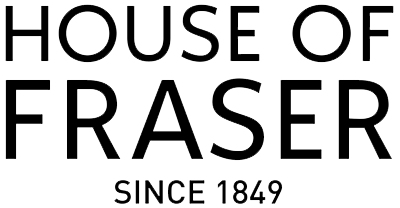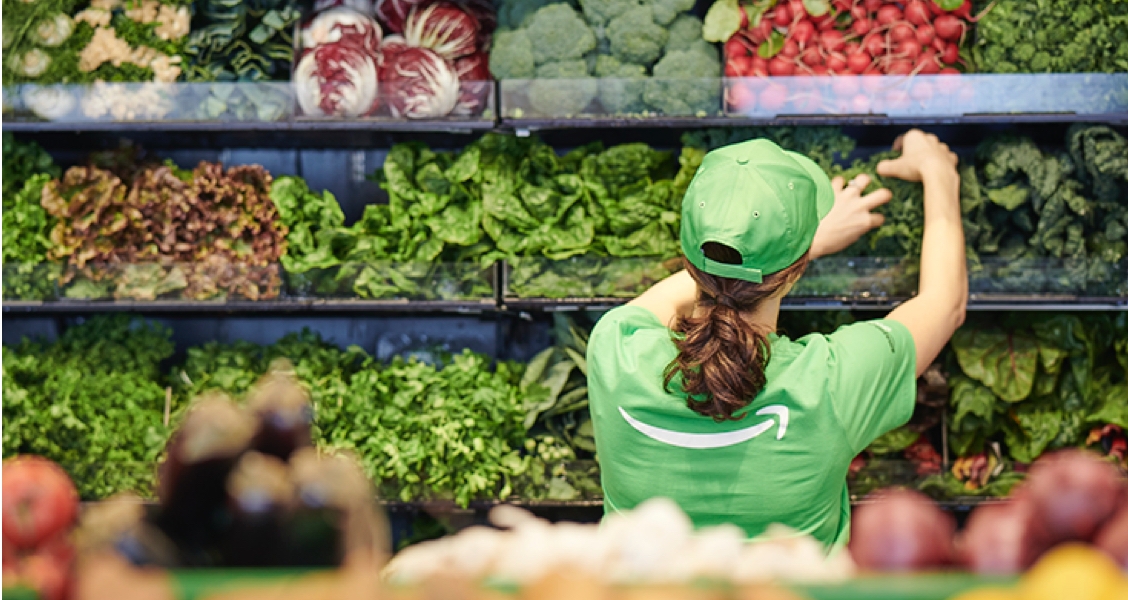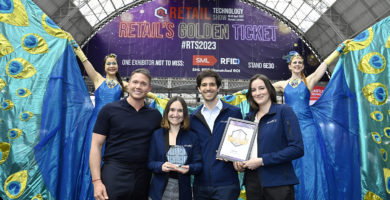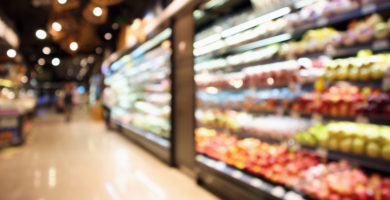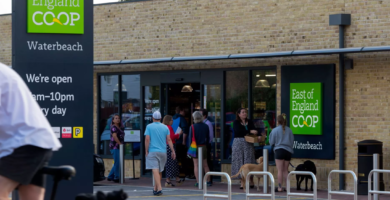Consumers in theory have plenty of champions to get things done in society. The hierarchy is government, NGOs, lobbyists and industry bodies, Citizens Advice, parish councils and local pressure groups. But until now, businesses have kept out of politics unless it touched them directly; they tended to lean heavily on talk rather than action, excusing themselves from involvement by saying their job is to give their customers choice.
But now, out of the blue, businesses are taking a stand. Sainsbury’s, Aldi, Greggs, the Co-Op, the British Retail Consortium, and the Hilton Food Group have joined 40 other signatories to a letter essentially telling Brazil they will boycott its products if it carries on destroying the Amazon rain forest.
At least we can all agree about deforestation
They are on safe ground because about the only person the world who does not seem to think deforestation is a problem is the president of Brazil, Jair Bolsonaro, the same man responsible for the deaths of thousands of his citizens due to a botched response to the Covid crisis.
However, we should not assume that businesses will now start to make a stand on other big issues although there is a growing expectation among customers that they should. VMLY&R’s latest BrandAsset Valuator* survey of 16,020 UK consumers showed that more than 60% place more faith in brands than in their governments when it comes to safeguarding society’s health and the natural world. In addition, nearly nine in 10 expect brands to continue to be a positive influence and support the public good.
The brands themselves clearly recognise that supporting causes has a commercial imperative; they are a perfect opportunity to engage with and get closer to customers, and then to use the interactions to build up a better picture of their needs.
The dangers of playing politics
For supermarkets specifically issues management is a minefield; one man’s meat is another man’s poison, and supermarkets will have to find a point of balance between being a consumer champion and a consumer supplier.
For now, they are on safe ground but once special interests go mainstream – think how quickly plant-based foods took off during 2020 – and different groups unite – think diet, climate and health all crowded round a supermarket shelf demanding to know what’s in the Vegan Bento Bowl – and supermarkets will have to expand their already growing communications departments.
The danger is that a supermarket chain acquires a reputation for being left or right wing and all the other baggage that goes with that.
* Content taken from Retail Week





